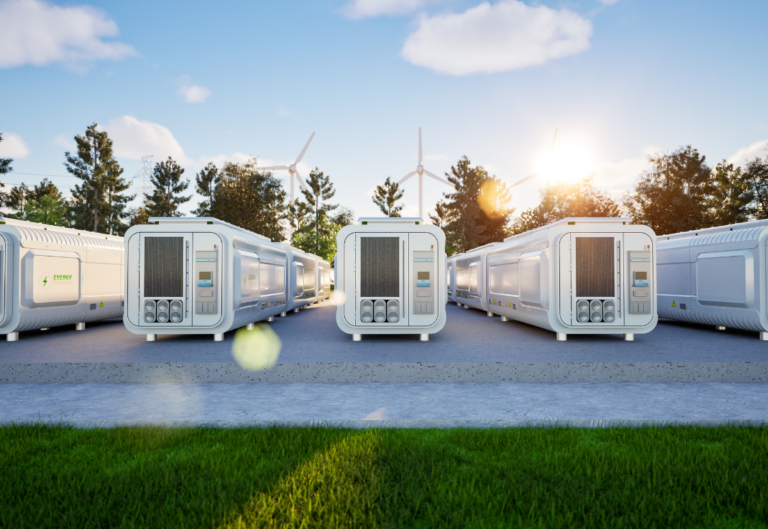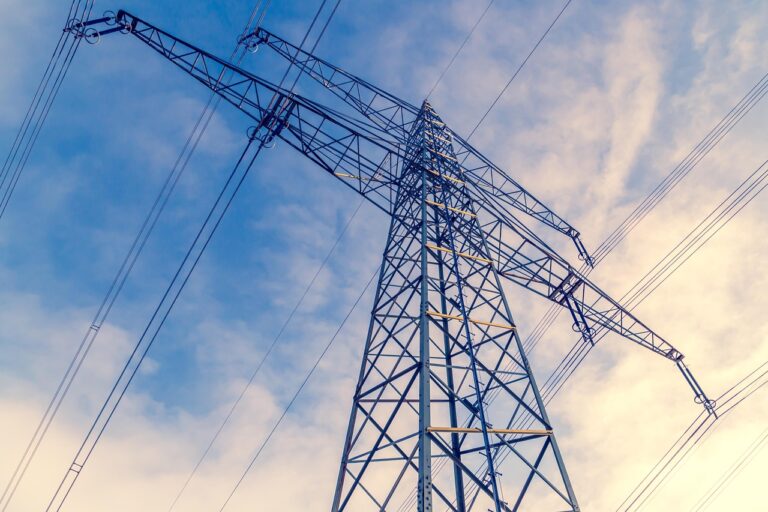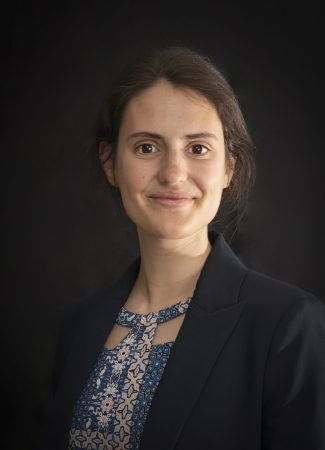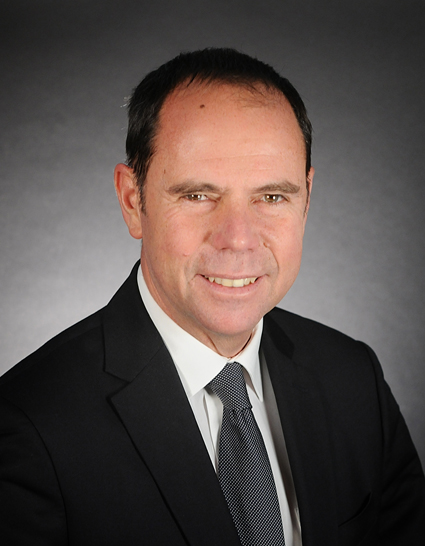Back on April 16th, 2020, and due to the Covid19 crisis, EdF announced a reduction in its electricity production forecasts in France for the year 2020. This decision was taken in order to respond to the constraints of nuclear power plant availability over the next two winters by reviewing all the unit outages that were planned as part of the major overhaul (Grand Carénage), and also the modulation of its core fuel saving, which will immply the shutdown of certain units starting this coming spring.
Following the announcement, we expected that market tension would support the price of Peak products and cause movements in the capacity market during the forthcoming auctions. With the Q420 Peak product trading at around €70/MWh before the Covid19 crisis, then at €60/MWh during the crisis and now having risen to €90/MWh since the beginning of May 2020 – an increase combined with a very significant drop in the price of gas – now comes the turn of the capacity market.
Last Thursday, June 11th, during a meeting with the Ministry of Energy about the impacts of the sanitary crisis on the French electricity network, RTE stated the high likelihood of a risk in the security of supply for next winter (2020/2021). The balances between supply and demand for capacity guarantees show the following situation:
- for the 2020 delivery year: a clear trend towards an overall deficit of more than 2 GW (deficit in the range of 4.6 GW to 7.9 GW depending on the scenario considered for the level of obligation)
- for the delivery year 2021: no clear trend but the possibility of an overall deficit of more than 2 GW (possibility of a surplus of 1.3 GW or a deficit of 2.1 GW depending on the scenario considered for the obligation level)
However, the TSO points out that its forecasts are subject to uncertainties and are limited, especially as the pre-estimates of suppliers’ obligations were made in October and November 2019.
As a reminder, if the forecasts made by RTE turn out to be the right ones, at the end of the 2020 delivery year, the overall gap between certification and capacity obligation could exceed 2GW. The consequences are described in the rules of the mechanism which indicate that, with a capacity shortfall of:
- Less than 2 GW, the price of negative imbalances = 120% * PREC = 19.9 k€/MW for AL20
- Above 2 GW, then the price of negative imbalances = administered cap price = 60 k€/MW.
In response to the findings on security of supply, RTE is now seeking to “support the players likely to bring new capacity on stream” that can be added to the system this winter.
For this purpose, an exceptional CAM meeting was organised on Monday, June 15th, to present the exceptional measures to be put in place. During this committee session, a proposal to modify the rules of the capacity mechanism was presented and submitted for immediate public consultation (which will run from 16/06/2020 to 29/06/2020).
This draft contains the following proposals:
- Removal of upward rebalancing charges for the 2020 and 2021 delivery years
- Removal of fees for late certification of new demand response sites during the year for 2020 and 2021
- Simplification of the measures for sharing the certified and effective capacity level in case of entry/exit of purchase obligation which implies that the effective capacity level will therefore be calculated for capacities entering or leaving the purchase obligation in the same way as for capacities that have not been under purchase obligation.
- RTE will ask the obliged actors to quickly provide an update of their pre-estimated level of obligation for the year 2020.
- RTE could re-parametize the PP1 signal algorithm to take into account a possible drop in consumption at the end of the year.
- In coordination with EPEX SPOT, it is proposed to organize, at least, one new market session for AL 2020 by the end of the year 2020, “to send a new price signal on this product before the next corresponding market session in 2021”. The idea is to organise AL 2020 auctions during the last two auctions of the year: on October 15th, 2020 and December 10th, 2020, respectively.
With this new perspective, the price of capacity for the 2020 delivery year should rise at least until the suppliers’ obligation level is updated, that is, if a very significant drop in this obligation level is expected.
Moreover, and in line with their profiles, the different market players should readjust their strategies for the next auctions, especially since there are now expected to be three AL 2020 sessions instead of a single one as initially planned.
These buyers and producers will have to fine-tune their strategies in order to: (i) negotiate certificates in the best possible way, either in organized or bilateral markets and, (ii) avoid negative spreads (taking into account that the administered ceiling price could reach 60 k€/MW).
Finally, the capacity mechanism will not be the only market impacted by this risk in the security of the system. Changes will be carried out on the volume and the ceiling price of the demand response tender, which started on April 1st and ends on September 4th, 2020:
- Volume: increased by 1 to 2 GW in addition to the 3 GW initially requested.
- Price: doubling of the price cap to 60 k€/MW.
The strategy adjustments are to be implemented quickly, as the next capacity auction is scheduled for June 25th, 2020 and will cover the 2019, 2020, 2021 and 2022 delivery years.
Ibrahima Baldé







